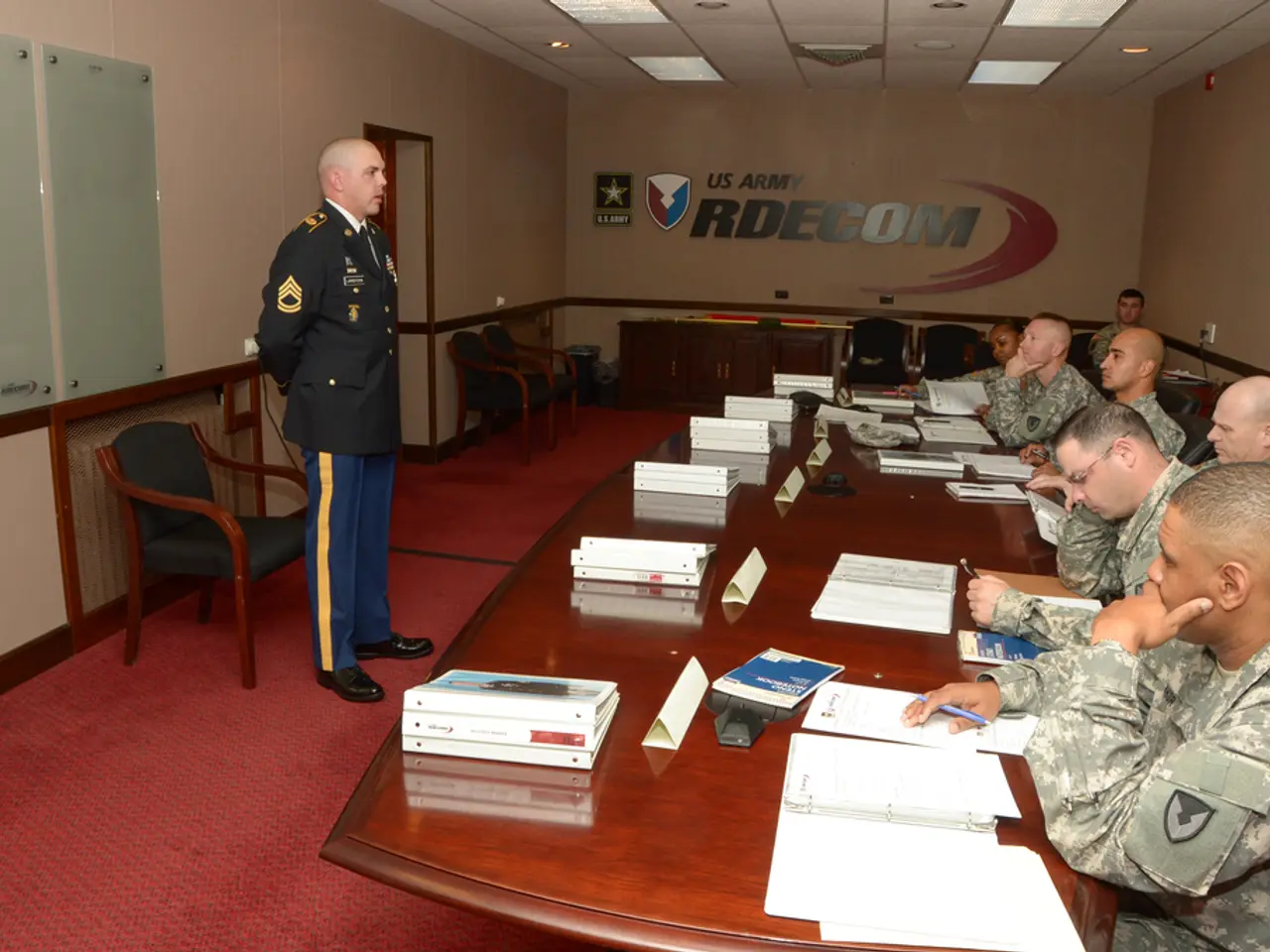Deepening cooperation between India and Brazil may be possible due to US tariffs, according to the Brazilian Ambassador.
Brazil and India are deepening their bilateral cooperation amidst external pressures such as steep US tariffs, as highlighted during recent high-level talks between Prime Minister Narendra Modi and Brazilian President Luiz Inácio Lula da Silva. The key sectors for this expansion include trade, technology, energy, defence, agriculture, health, and people-to-people ties.
In the defence sector, both countries have intensified cooperation through joint training, industrial partnerships, and strategic dialogues. Recent meetings focused on boosting military collaboration and defence industrial ties, reflecting shared concerns about regional and global security.
Trade and energy are another focus area, with both countries looking to enhance relations and collaborate closely in the energy sector to increase strategic autonomy and leverage South-South cooperation. With increasing US tariffs impacting exports, Brazil and India are seeking to strengthen their trade relations.
Agriculture and health remain vital sectors for partnership expansion, reflecting domestic priorities and potential for joint innovation and market access. Brazil has expressed its readiness to export basic staples like pulses and edible oil to India to contribute to food security, and has also highlighted the potential for technological cooperation in agriculture.
Strengthening collaboration in technology is a key element, including exploring new areas in digital products and innovation industries. This collaboration is expected to benefit both countries, particularly in areas such as digital payments and e-commerce.
Brazil's Ambassador to India, Kenneth Felix Haczynski Da Nobrega, has emphasized that India and Brazil are working to turn current global economic challenges, especially tariff hikes imposed by the US, into new opportunities for deeper bilateral cooperation. He mentioned that a state visit by Prime Minister Modi to Brazil one month ago had resulted in a concrete course being charted for bilateral economic relations over the next decade.
The ambassador also highlighted that business relations between Brazil and India are burgeoning, with 77 business missions coming from Brazil to India and 40 plus from India to Brazil in the last two years. Embraer, Brazil's aviation airplane maker, has opened a full-fledged office in New Delhi.
In the agricultural sector, Brazil is an important importer of fertilisers, and India has developed high technology in this area. A joint venture between IFCO and a Brazilian company is producing nano fertilisers in Brazil.
PM Modi's visit to Brazil for the BRICS Summit was historic and impacted Brazil significantly. The visit resulted in a substantial joint statement and set the stage for a stronger India-Brazil relationship in the coming years. Despite the challenges posed by global trade, it is clear that Brazil and India are committed to deepening their strategic partnership.
[1] Brazil-India Joint Statement [2] India, Brazil agree to boost defence ties [3] India, Brazil to deepen cooperation in defence sector [4] India, Brazil to deepen ties in agriculture, defence and technology [5] India-Brazil ties to be defined by sectors such as energy, defence, pharma, DPIs
[1] Economic growth in the bilateral relationship between India and Brazil is being prioritized to protect against external pressures, such as US tariffs, as indicated in the recent high-level discussions between Prime Minister Narendra Modi and President Luiz Inácio Lula da Silva.
[2] The general news landscape is showcasing the strengthening of both countries' foreign trade, with increased cooperation in critical areas like trade, technology, energy, defence, agriculture, health, and people-to-people ties.






